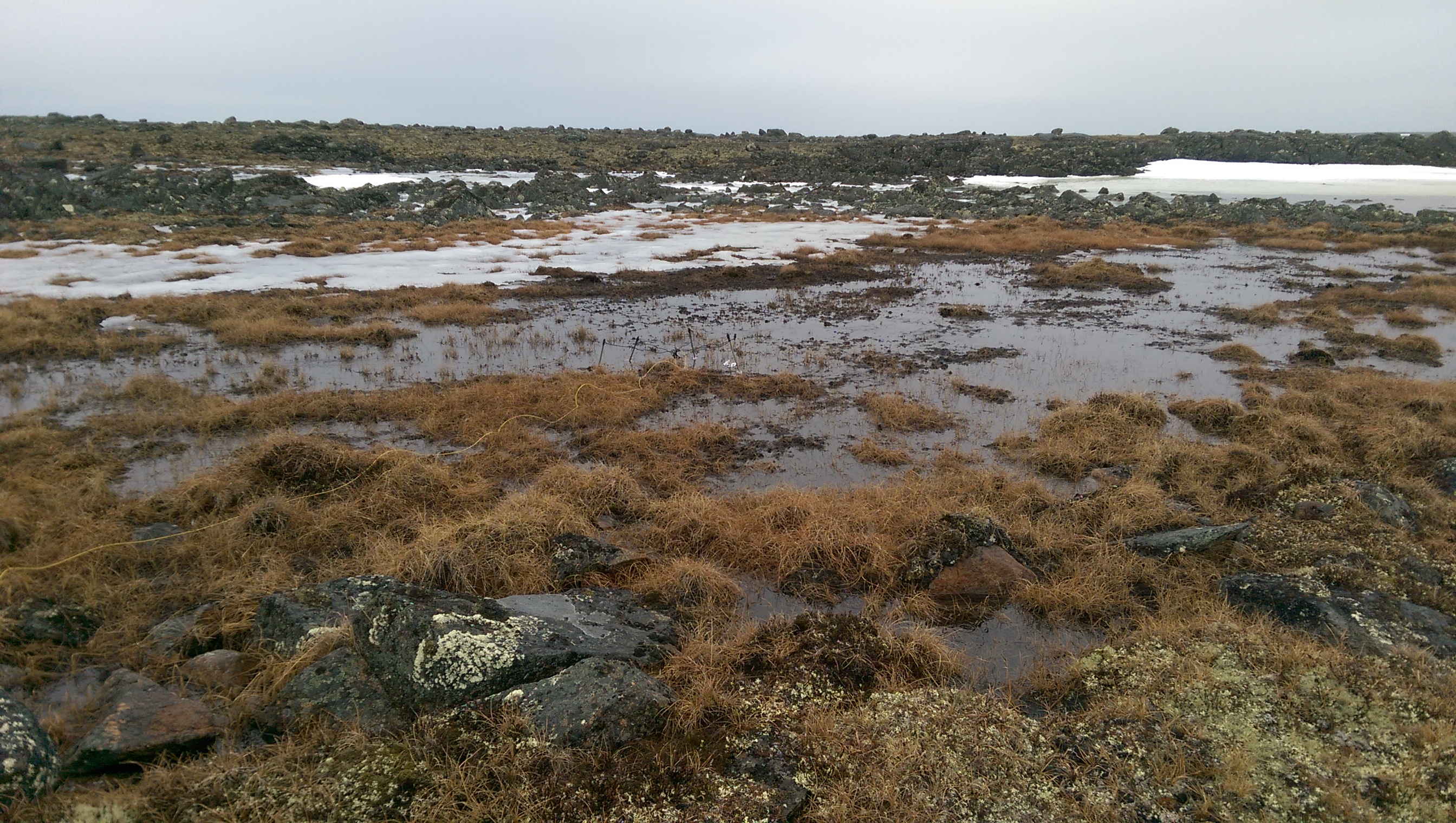“Perfect is the enemy of good enough” is one of my favourites.
Centrist, progressive, radical optimist. Geophysicist, R&D, Planetary Scientist and general nerd in Winnipeg, Canada.
troyunrau.ca (personal)
lithogen.ca (business)
- 3 Posts
- 31 Comments

 11·8 days ago
11·8 days agoThat’s not a lot. Three to five F35 equivalents, depending on configuration.

 8·8 days ago
8·8 days agoIt’s too bad we don’t have details about the other company involved that they were targeting. Seems like the sort of thing that could rapidly escalated – blinding all of your competitors birds on purpose. If those birds are in Geosynch, you don’t even need to be in the country to do it – just same longitude, approximately.

 5·9 days ago
5·9 days agoDefinitely absurd. But if you were a sci fi author trying to make a consistent world building thing, it would actually be a useful video.
… I see you Neal Stephenson, hiding behind the couch.

 47·9 days ago
47·9 days agoTheir website speaks corporatese. Not immediately clear what their business model is.
Because no one does any actual engineering in space. At best you’re a technician running other people’s projects; at worst, you have to MacGyver something. But every ISS crew needs a medical specialist on it, and a backup specialist in case they need to work on their medical specialist. So it gives you the highest odds.
Now if you wanted to work at JPL designing probes, that’s a different story. But you’re not going to space.
Spain is part of the ESA. If you have citizenship there, there’s a nearly-zero (but not actually zero) possibility of getting into their astronaut selection class. But more likely SpaceX starts taking passengers and the whole question is moot.
I decided that my own path was also unlikely, but I chose a field of study that would take me to some pretty fun places on Earth. Can’t explore Mars, so might as well do the high arctic, the Atacama desert, etc. :)
Not true, really, presuming we’re talking about “working for a space agency” versus “becoming an astronaut”. There are at least 100x more opportunities if you’re willing to sit in a desk and review regulations for a living – but at a space agency.
Really, the minimum barrier is being good enough to get into a STEM focused undergrad program, and qualifying for student loans. Assuming you make it through and are smart enough, grad school is typically wholly funded by the universities (or their funding agencies). Which means the barrier of requiring wealth was already passed.
Source: I made it to grad school and I am from a farming family that went bankrupt when I was a teenager.
I don’t think melting is the issue here. I think it literally disintegrates at those speeds. Like, this is Mass Effect mass driver level of impact with the atmosphere.
For reference, RICK ROBINSON’S FIRST LAW OF SPACE COMBAT: “An object impacting at 3 km/sec delivers kinetic energy equal to its mass in TNT.”
Assuming the lid is travelling 55km/s, it’s well beyond that point. The atmosphere it’s travelling through is basically a solid at that speed. Even if it isn’t heating due to the friction (and waiting for heat flow), it is heating due to the compressive force of being slammed into the atmosphere. It’s very likely the whole thing vaporized.
But I could be wrong, and some alien SOB is going to have a bad day when the manhole cover slams into their ship in interstellar space.
This is like some sort of black mirror ad
You can’t tell me what to — oh, a pretty cat!
Hijacking.
I actually went through the Canadian Space Agency’s astronaut application a few years ago. Made it through the initial screening and into medical certifications. Got downselected where there were about 300 candidates remaining for two positions. But I got to see a little of the process. Here are some specifics items to add to the list, some of which will be relevant if you’re trying to support your child in their dreams (and have the resources to do it).
(1) 20/20 vision. They were allowing people who had laser surgery to correct to 20/20, or people who could be corrected. (2) Be a pilot of any kind whatsoever – even a crop duster – but ideally military. Kids can do air cadets, or take gliding lessons or similar.
(3) Have SCUBA certifications.
(4) Have radio certifications (even HAM radio works, but more advanced is better).
(5) Speak at least one other language that is used in one of the world’s space agencies – two are better. Russian and Japanese/French would be a good choice. Russian may fall down the list of relevance soon.
(6) Have experience in an “operational environment” – basically, are you going to go crazy cooped up in the space station with only a few people for months? For kids this might mean backcountry camping trips. For adults, this often means being deployed somewhere, in a military or similar context.
(7) Have a medical degree, preferentially, but any STEM Ph.D. will probably work. This means making sure you select courses in school that lead that direction.I went to grad school for planetary science – naively thinking that I could outcompete all the people dreaming of the same thing. Make sure you have a fallback plan – something you can pivot to – when it doesn’t pan out :)
That said, all of this may become entirely irrelevant very quickly if Starship starts ferrying a hundred people to space every day.

 12·13 days ago
12·13 days agoFull agree. As a geoscientist, I am of the strong opinion that we should use more rocks in decorative contexts ;)





Must be Canada. They’re sort of threading the legal loopholes for drug advertising